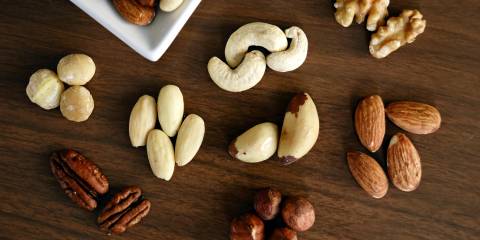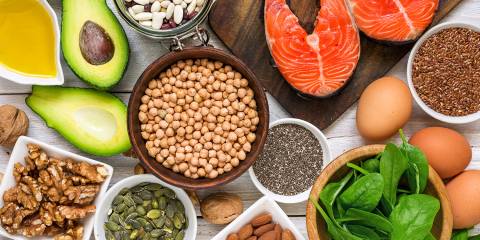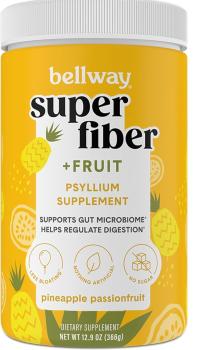Weighing less than a pound, your heart beats about 100,000 times per day to move nutrient- and oxygen-rich blood to all the other vital organs and tissues in your body.
You may not even think about this process, but a heart that functions poorly can mean disability or even sudden death.
Ways to Protect Heart Health
The good news is that the health of your heart is, to some degree, under your control.
-
Increased Physical Activity
A sedentary lifestyle—along with cigarette smoking, high blood pressure, and high cholesterol—are major risk factors for heart attack. Simple aerobic exercise like walking can do wonders for your heart, and research shows that this type of exercise is effective for lowering blood pressure.
“You really can get your heart rate up to the level your doctor would recommend, and you don’t have to jog or run to do it,” says Kyle McInnis, ScD, professor of exercise science at the University of Massachusetts in Boston.
“Walking is commonly identified as the single most enjoyable form of recreational exercise,” he adds, so try to walk every day if you can.
Another major risk factor for heart disease is being overweight. Extra weight raises LDL (bad) cholesterol and triglyceride levels and increases blood pressure as well as the risk for Type 2 diabetes—another reason to work out regularly.
“Increasing physical activity is key to reducing the risks for heart disease. Even if weight stays the same—and physical exercise is a big help in reducing excess weight—physical activity can improve blood pressure, blood glucose and cholesterol levels, and significantly lower the risk of death and disability from heart disease,” says Dr. McInnis.
-
CoQ10 Supplements
A vitamin-like compound, CoQ10, or coenzyme Q10, is a fat-soluble, natural antioxidant present in all our cells, and it works to produce energy in every one of them.
Research shows that CoQ10 significantly strengthens the heart and improves cardiovascular health. As a powerful antioxidant, CoQ10 inhibits the oxidation of fats while it protects proteins and DNA from oxidative damage. Since oxidized low-density lipoprotein (LDL) cholesterol paves the way for atherosclerosis, CoQ10 is an important weapon in the battle against coronary heart disease.
As we age, however, levels of this coenzyme may diminish and become too low to meet our body’s demands for energy. Consider high-quality CoQ10 supplements.
Are you one of the 65 million American adults with high blood pressure? CoQ10 has been shown to lower pressure even without dietary modifications or blood pressure medications, according to research in both the U.S. and Japan.
In addition, when more than 400 patients with at least an eight-year history of hypertension took CoQ10, 43 percent of them were able to stop taking one to three of their high blood pressure medications. There was only one reported side effect—a mild case of nausea.
When Taking Statins
If you take statins, consider supplementing with CoQ10 since these medications may compromise CoQ10 in the body. Taking 50 to 100 milligrams (mg) is advisable for anyone with high cholesterol who’s not on statins too. For best results, take CoQ10 (an oil-soluble nutrient) with fatty foods or oils.
Precautions
If you’re also taking a blood thinner such as Coumadin, talk with your healthcare provider before supplementing with CoQ10.
-
Omega-3 Fatty Acids
Omega-3 fats found in the oil of deep-water fish (mackerel, herring, salmon, sardines, and tuna) appear to help protect your heart, improve your mind, reduce your risk of diabetes, and ward off cancer.
These long-chain fatty acids—eicosapentaenoic acid (EPA) and docosahexaenoic acid (DHA)—continue to be the focus of much research exploring the extent of their health benefits.
Consumption of EPA and DHA has been strongly linked with a reduced risk of cardiovascular disease (CVD). Since more than 70 million American adults have some type of CVD, consider foods or dietary supplements that can reduce risk of this devastating disease. CVD is the leading cause of death globally, and one in every five Americans dies from heart disease.
The anti-inflammatory effects of omega-3 fatty acids may also help reduce the risk of stroke, according to another recent study.
Fish Oil
According to nutritionist Clare Hasler, PhD, MBA, evidence from multiple large-scale epidemiologic studies and randomized controlled clinical trials suggests that EPA and DHA in the form of dietary fish or fish oil supplements:
- lower triglycerides
- reduce the risk of sudden cardiac death and heart attack
- slow the buildup of atherosclerotic plaques
Flaxseed Oil
Flaxseed oil has been found to offer similar cardiovascular benefits as fish oil supplements. Both are linked to increased antioxidant capacity and significantly lower levels of C-reactive protein (CRP), a marker for inflammation, in the human body.
Among 727 women in the Nurses’ Health Study, CRP levels were 29 percent lower among those with the highest intake level of total omega-3 fatty acids, compared to those with the lowest intake levels, says Dr. Hasler.





